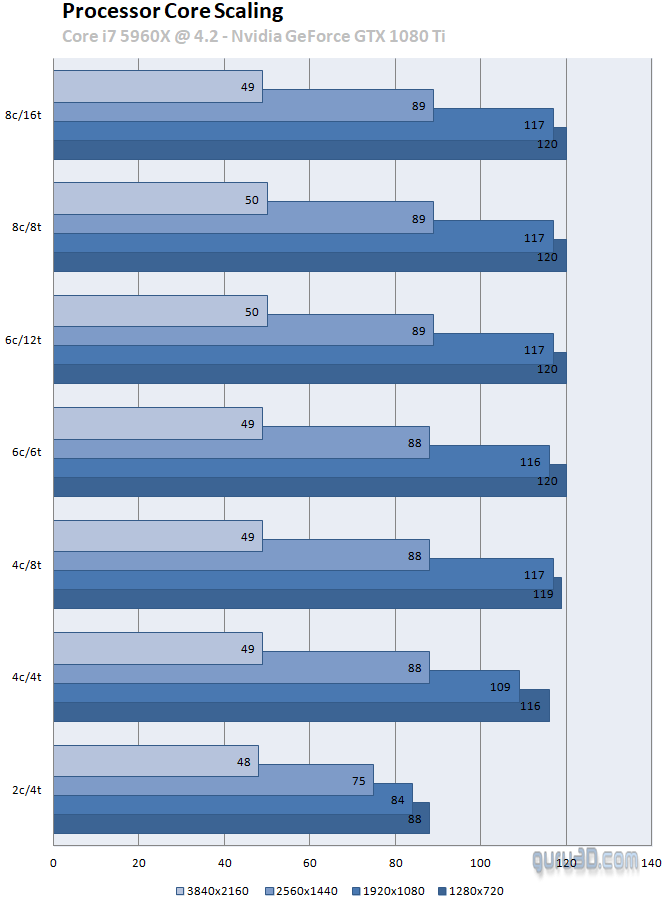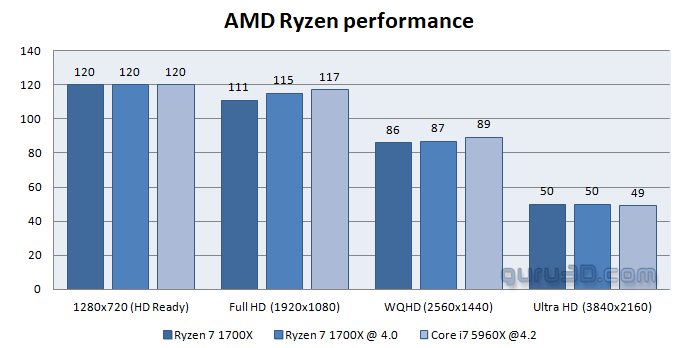JustReason
razor1 is my Lover
- Joined
- Oct 31, 2015
- Messages
- 2,483
then answer me.No one said that XFR overclocks the infinity fabric. Infinity fabric is overclocked when overclockiing RAM, as I have explained a dozen of times.
It is indeed embarrassing that your only way of argue consists on continuously misinterpreting my position. Straw man?
![[H]ard|Forum](/styles/hardforum/xenforo/logo_dark.png)

